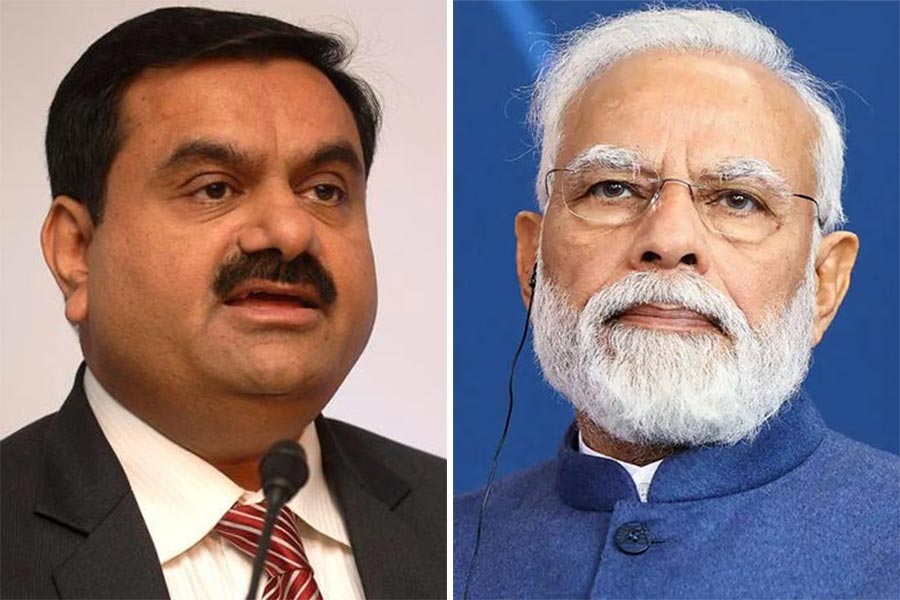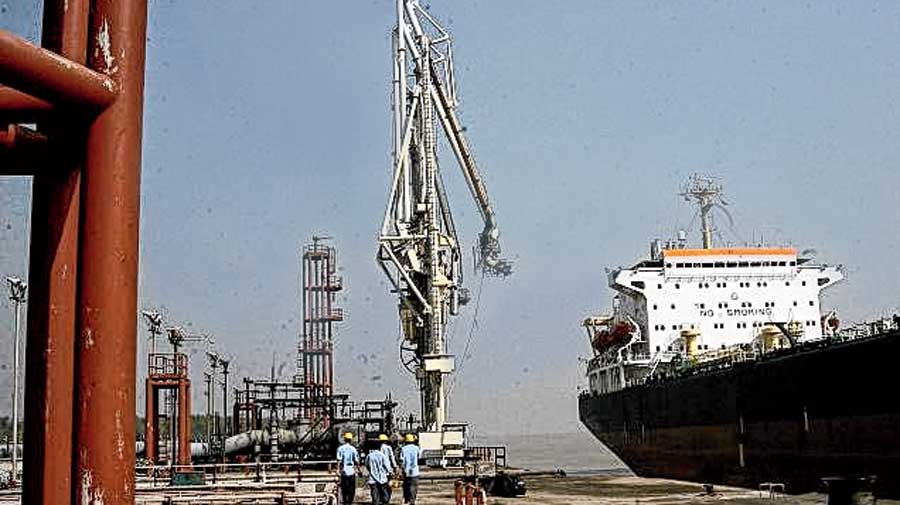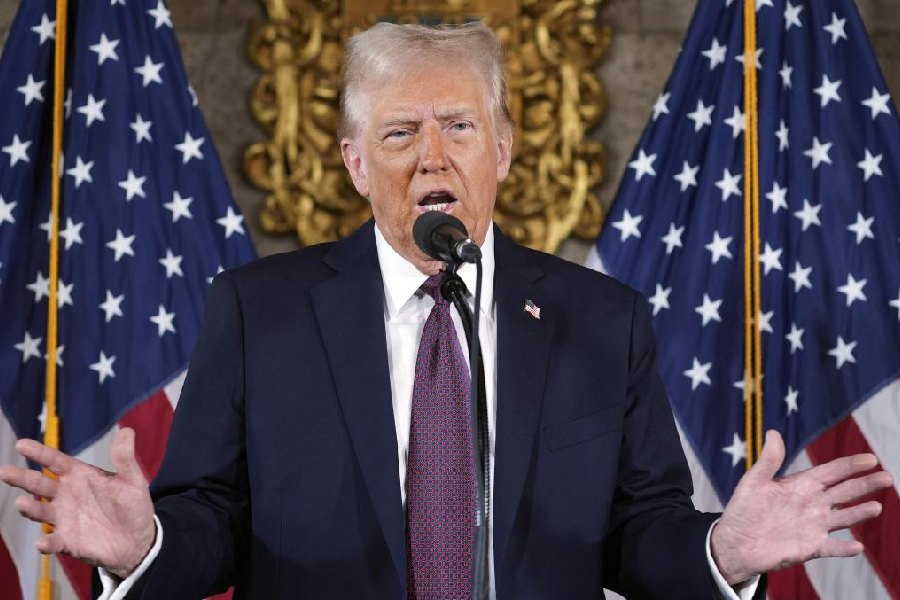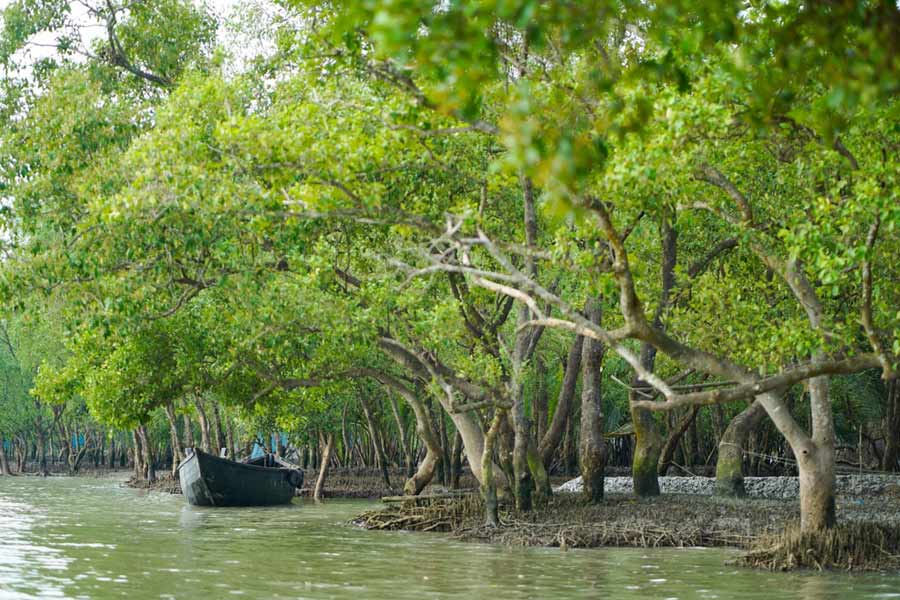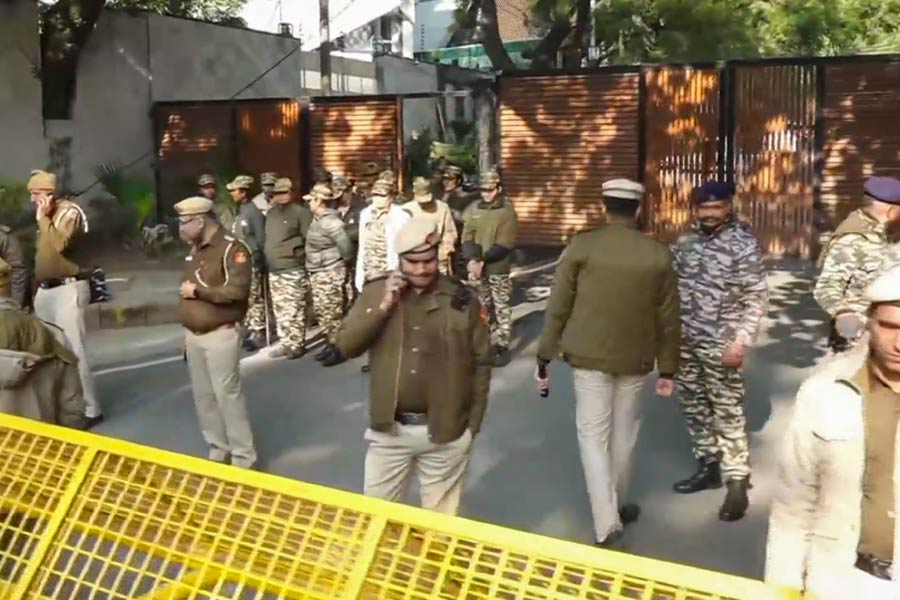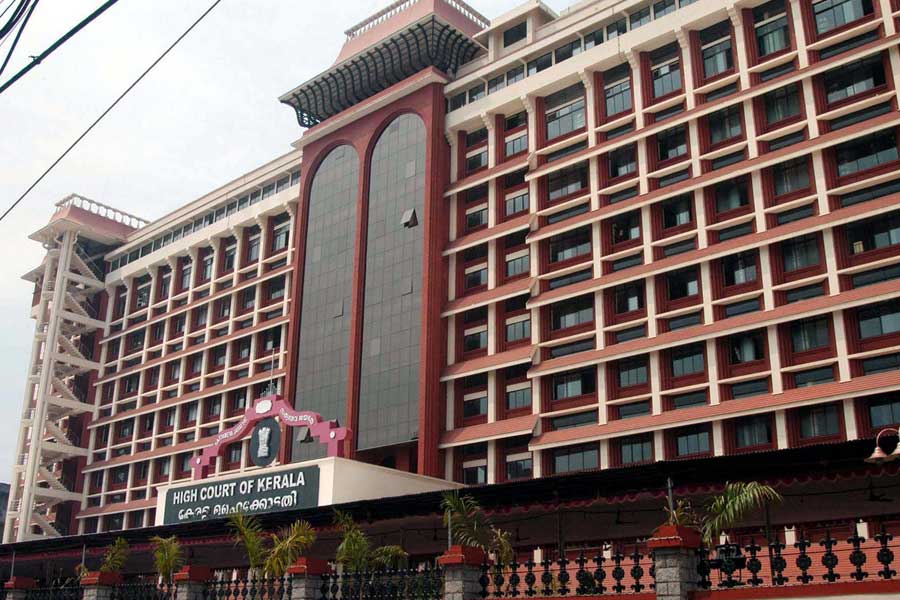Prime Minister Narendra Modi spent another day speaking on multiple issues, campaigning in Tripura, but he studiously avoided mentioning the Adanis. But the questions are piling up — within and without the country.
The Congress on Saturday asked the Prime Minister why he had created a monopoly for the Adani group in ports, wondering if it was prudent to allow a company facing allegations of money laundering to have such control on the critical sector related to national security.
The party also asked specific questions on whether income tax raids forced a firm to sell a port to the Adanis and whether a state-run port was left with little option but to withdraw its winning bid. Financial Times, the London-based business newspaper, took its questions to the Adanis.
FT journalists Chloe Cornish in Mumbai, Andy Lin in Hong Kong and Harriet Clarfelt in New York reported: “The Adani Group, which vehemently denies Hindenburg’s (the US short-seller) allegations, did not respond to a request for comment about whether it would consider divesting assets.
“Two bankers close to the conglomerate said they thought sales were extremely unlikely, and one person familiar with the matter argued that for the Adani Group to ‘get into distress, its assets have to get into distress’. “But some analysts are less convinced.
‘If he had some common sense he’d sell some right away,’ said a veteran international banker, who did not lend to Adani.”
Whether the Adani group will be forced to sell or is resilient enough not to have to sell is the issue examined in the FT report. Arguments for both sides are given in the report headlined, “Ports, pylons, cement: the best assets behind Adani’s debt pile. Crisis-hit group’s sprawling infrastructure businesses pitched as a bet on India’s economic growth”.
The paper quoted Amit Tandon, founder and managing director of Mumbai-based proxy advisory Institutional Investor Advisory Services, who said: “Those assets are real. The ports are there, the airports, the power plants, the railway lines, the mines.”
FT analysed some of his assets, pointing out on a map that the “Adani Group controls more than 60 infrastructure projects” across India.
Financial Times also pointed out: “India’s central bank insists it is sanguine about the impact of the Adani crisis on the country’s banks because they have mostly lent against the group’s assets rather than shares.” The paper added: “But with the pressure continuing, money managers who have steered clear of Adani say there would be willing buyers for the infrastructure assets that have underpinned his leveraged empire.”
In New Delhi, as part of the Hum Adani ke Hain Kaun series, Congress communications chief Jairam Ramesh said: “The Adani group today controls 13 ports and terminals that represent 30 per cent of India’s ports capacity and 40 per cent of the total container volume. It is no surprise that this growth trajectory has accelerated since 2014. In addition to Mundra Port in Gujarat, recent acquisitions include: 2015: Dhamra Port, Odisha. 2018: Kattupalli Port, Tamil Nadu. 2020: Krishnapatnam Port, Andhra Pradesh. 2021: Gangavaram Port, Andhra Pradesh. 2021: Dighi Port, Maharashtra.”
Contending that a clear strategy was at work, Ramesh said: “Gujarat, Andhra Pradesh and Odisha account for 93 per cent of the overseas cargo traffic from India’s ‘non-major ports’. Krishnapatnam and Gangavaram are the largest private ports in the south.
The Adani group has declared its goal as expanding its market share to 40 per cent by 2025 and is attempting to acquire even more ports.”
Ramesh added: “Do you intend to oversee the takeover of every significant private port by your favourite business group or is there any space for other private firms that wish to invest? Is it prudent from a national security perspective... for a firm that faces serious accusations of money laundering and round-tripping by offshore shell companies to be permitted to dominate a strategic sector like ports?”
Ramesh continued: “As with airports, your government facilitated an Adani monopoly in the ports sector using all the means at its disposal. Ports with government concessions have been sold to the Adani group without any bidding. And where bidding has been permitted, competitors have miraculously vanished from bidding.
“Income tax raids appear to have helped ‘convince’ the previous owner of Krishnapatnam Port to sell it to the Adani group. Is it true that in 2021, the public sector Jawaharlal Nehru Port Trust was bidding for the Dighi Portin Maharashtra in competition with Adani but was forced to withdraw its winning bid after the ministries of shipping and finance changed their mind about supporting its bid?”
The third question in the series was: “Generally port concessions are negotiated with special purpose vehicles for each port to segregate risks and protect assets. Yet many of these ports are now part of a single listed entity, AdaniPorts and SEZ. Has this transfer of assets been done in violation of the model concession agreement for ports? Have the concession agreements been changed to accommodate Adani’s commercial interests?”

